NUR-SULTAN – Akim (Mayor) of Nur-Sultan Altai Kulginov reported that a sports facility for people with special needs will be built to expand the network of training centers in the capital in his Instagram on April 28.
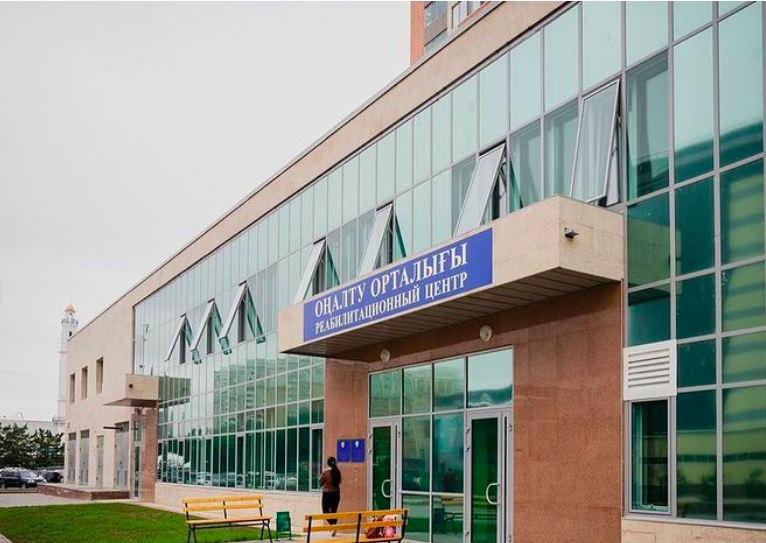
New rehabilitation center in Nur-Sultan. Photo credit: Official Instagram account of Akim Altai Kulginov.
The sports complex will include facilities for several sports sections, including football for the visually impaired, wheelchair basketball, wheelchair rugby and others, and will be located next to the capital’s Paralympic Training Center.
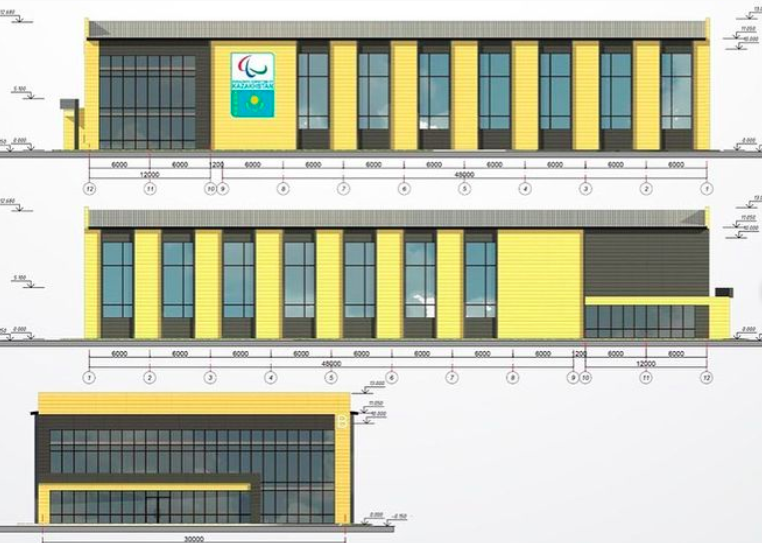
Plan of the new sports complex for people with special needs to be built in Nur-Sultan. Photo credit: Official Instagram account of Akim Altai Kulginov.
“At this sports complex the residents will be able to play sports, communicate and socialize which, undoubtedly, should benefit their physical health,” wrote Kulginov.
The need for the expansion of facilities for children with special needs was highlighted by Kazakh President Kassym Jomart-Tokayev during the fifth meeting of the National Council of Public Trust.
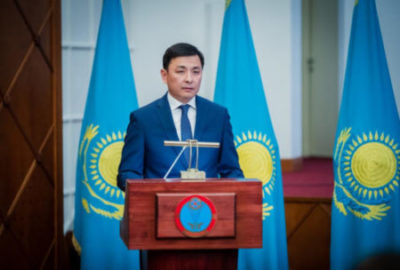
Nur-Sultan Akim Altai Kulginov. Photo credit: Nur-Sultan Akimat.
The need for the expansion of facilities for children with special needs was highlighted by Kazakh President Kassym Jomart-Tokayev during the fifth meeting of the National Council of Public Trust.
Akim Kulginov also shared that last year a number of large sports centers for children with cerebral palsy, autism and Down’s syndrome were opened in Nur-Sultan.
“The new autism center Asyl Miras makes it possible to reach more than 50 percent of children who are on the autism spectrum. This project was implemented jointly with the Bulat Utemuratov Foundation,” said Kulginov.
Last fall, Kamkorlyk center was established with the support of the First President’s Fund and the Samruk-Kazyna National Sovereign Wealth Fund. The center provides free medical care for 600 children living with cerebral palsy.
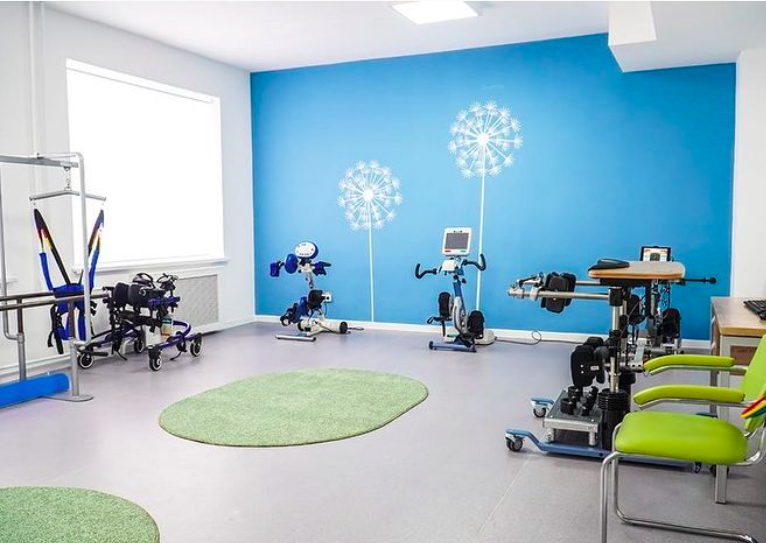
Interior of a rehabilitation center in Nur-Sultan. Photo credit: Official Instagram account of Akim Altai Kulginov.
A center for psychological, medical and pedagogical consultation was also opened. The center is designed to assist children with hearing, visual and speech impairment, as well as children with communicative and behavioral syndromes.
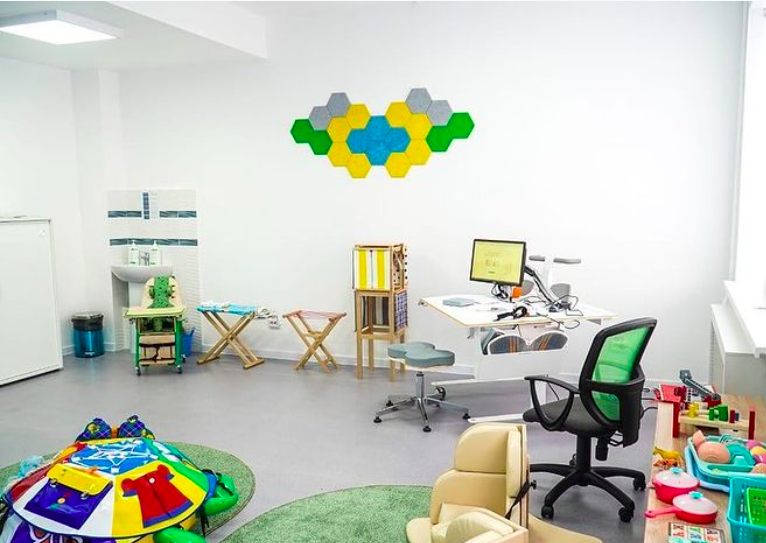
Interior of a rehabilitation center in Nur-Sultan. Photo credit: Official Instagram account of Akim Altai Kulginov.
Across the capital, 29 “House Doctor” facilities that provide basic medical care for the nearby residents have been opened, while the number of taxis designed for disabled passengers has doubled. The Akim reported that more inclusion cabinets aimed to assist students with special needs continue to be opened in schools.
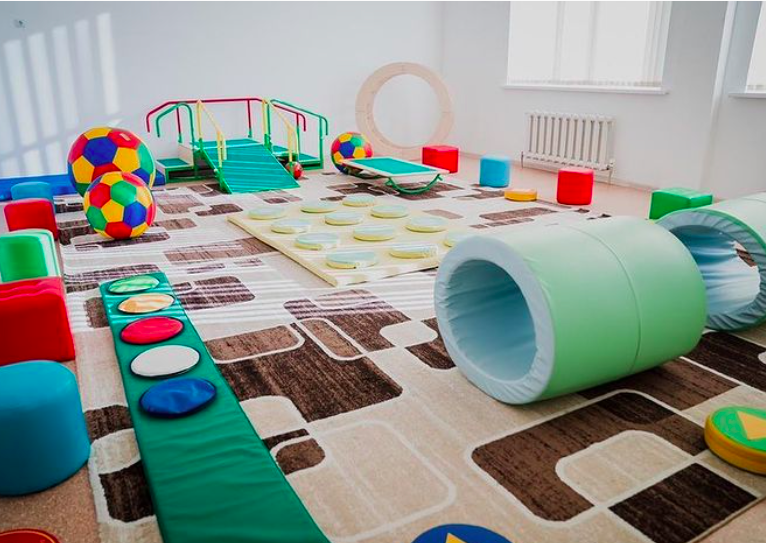
Interior of a rehabilitation center in Nur-Sultan. Photo credit: Official Instagram account of Akim Altai Kulginov.
A launch of a kindergarten for visually impaired children is expected in the first half of the year. It will accommodate 90 children. An indoor arena for children’s hippotherapy will also be built.
“It is important for us to systematically create conditions for the rehabilitation of city residents with disabilities,” wrote Kulginov.
